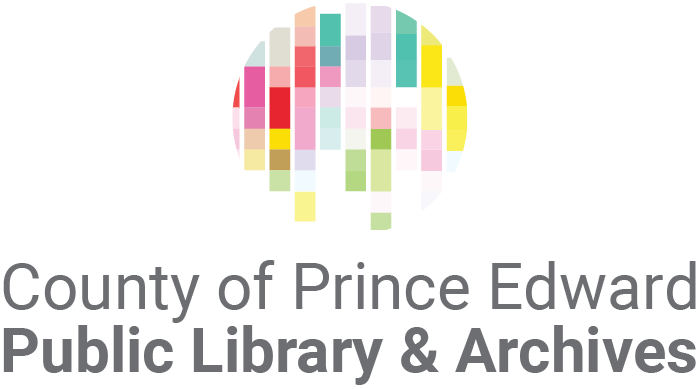Midnight in Chernobyl
By: Adam Higginbotham
Most people’s knowledge of Chernobyl is just that it was a massive nuclear disaster, as was mine before I read this book. Adam Higginbotham might as well have built a time machine to transport you back into the halls of the Chernobyl Atomic Energy Station. Featuring the firsthand accounts of the men and women involved, he brings “The Untold Story of the World’s Greatest Nuclear Disaster to Life”, decades later in Midnight in Chernobyl.
It all began during the winter of 1970 when Viktor Brukhanov arrived in the small town of Chernobyl, with plans to build the USSR’s most sophisticated nuclear power plant. Seven years later, in 1977, the Chernobyl Atomic Energy Station generated its first watts of electricity. For many years things were going well; Brukhanov was running a successful power plant with four highly functioning reactors, two more were under construction, and the new city of Pripyat, built for the workers of the plant, was thriving. Until 1:00 in the morning, on April 26, 1986, when Reactor Number 4 of the plant exploded. This was the beginning of what we know as the world’s greatest nuclear disaster.
I am not an avid non-fiction reader, in fact, I had never read a nonfiction book other than a textbook before this, but this book completely changed my appreciation for non-fiction. In my opinion, the best part about this book is that it doesn’t feel like you are reading a non-fiction book about a historical phenomenon. Events in the book are told through the perspectives of the people involved in the disaster, which is what makes it such a captivating and terrifying read. Higginbotham manages to incorporate the right amount of science, history, survivor’s accounts, and general information, to make this book educational and not boring nor difficult to understand. Furthermore, the way he has written the book makes it feel like you’re reading a thriller novel. Midnight in Chernobyl doesn’t just stick to the grounds of the disaster either, it explores how its effects rippled out across the globe, and how it affected the USSR. Perhaps, one of the most interesting parts of the books is when he talks about how the Communist Party handled the disaster, and how that contributed to the collapse of the Soviet Union. This book really covers anything there is to know about the disaster, going about in a way that is enjoyable to read and chilling to the bone.
The only flaw of this book was that it didn’t explain how a nuclear reactor or a nuclear power plant functioned. My suggestion is to do a small amount of research on the basic workings of a nuclear reactor before you read and the book will make a whole lot more sense.
This book is a perfect introduction to non-fiction reading, however, it can be enjoyed by anyone. I highly recommend this book and rate it a 10/10. Midnight in Chernobyl is a riveting and chilling tale of a disaster where the consequences are still felt to this day, it is a must-read.
